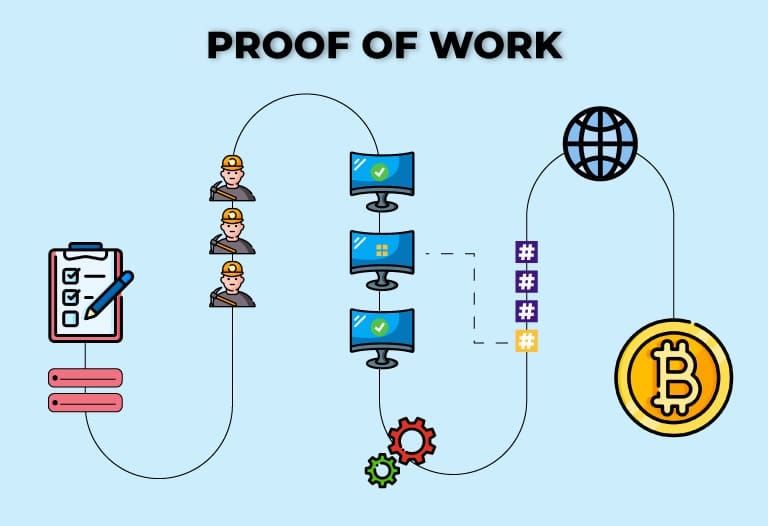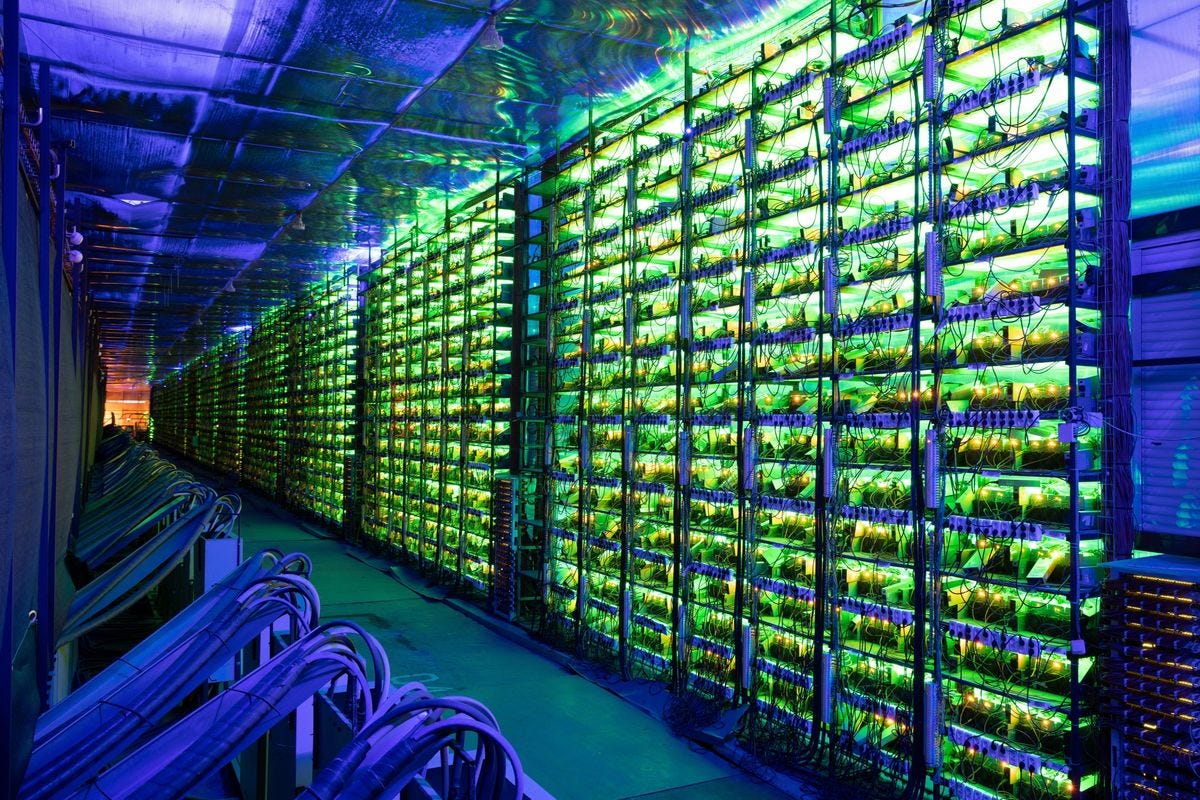What are the environmental effects of mining Bitcoin?
As the price of both Bitcoin skyrocketed in the past decade, the question of how these digital currencies are mined is a question that is often asked.
Status Quo
Bitcoin is the cryptocurrency that started the revolution of blockchain. The word blockchain is highlighted as a key tool in future affairs in the current status quo. This would never have happened if bitcoin was never created. For more than a decade, bitcoin has proven to support the universally applauded security system of blockchain. It has not once been attacked since the creation of the coin in 2008. Due to this factor, bitcoin has risen in value by over 12 thousand per cent since 2017.

Mining process
To create bitcoin and sell it to investors, someone must mine them and create the cryptocurrency. In order to do this, the miners go through a process called Proof of Work. This is when supercomputers all compete to solve complex problems in order to get the most information about the block. When person A gives a block to person B, the answers to those problems confirm the transaction and therefore the transaction is successfully passed. The problem is the mining phase of Proof of Work. The miner with more supercomputers gets the advantage of mining the block since the calculations will be solved faster. In other words, the miner to use more energy mines more blocks. Because this competition is so competitive, people stack rows and columns of computers to do computing all day. Generally, this mining process is far outdated compared to Proof of Stake. This mining process is highly advocated since almost all Alt Coin uses this. Even Ethereum is planning to move away from Proof of Work as Ethereum 2.0 is created.

Environmental Impacts
This, unfortunately, leads to environmental impacts such as loads of energy Bitcoin mining sucks up. It approximately uses 91 terawatt-hours of electric energy manually; that is more than the annual electric energy usage of Finland as a whole, which consists of about 5.5 million people. E-waste is perilous to the environment since it causes severe air pollution. This can lead to other macro-environmental pollution such as soil or water. Some reuse the excess energy for their plants. They use the energy from the mine to power the greenhouse, which grows plants.

No comments:
Post a Comment